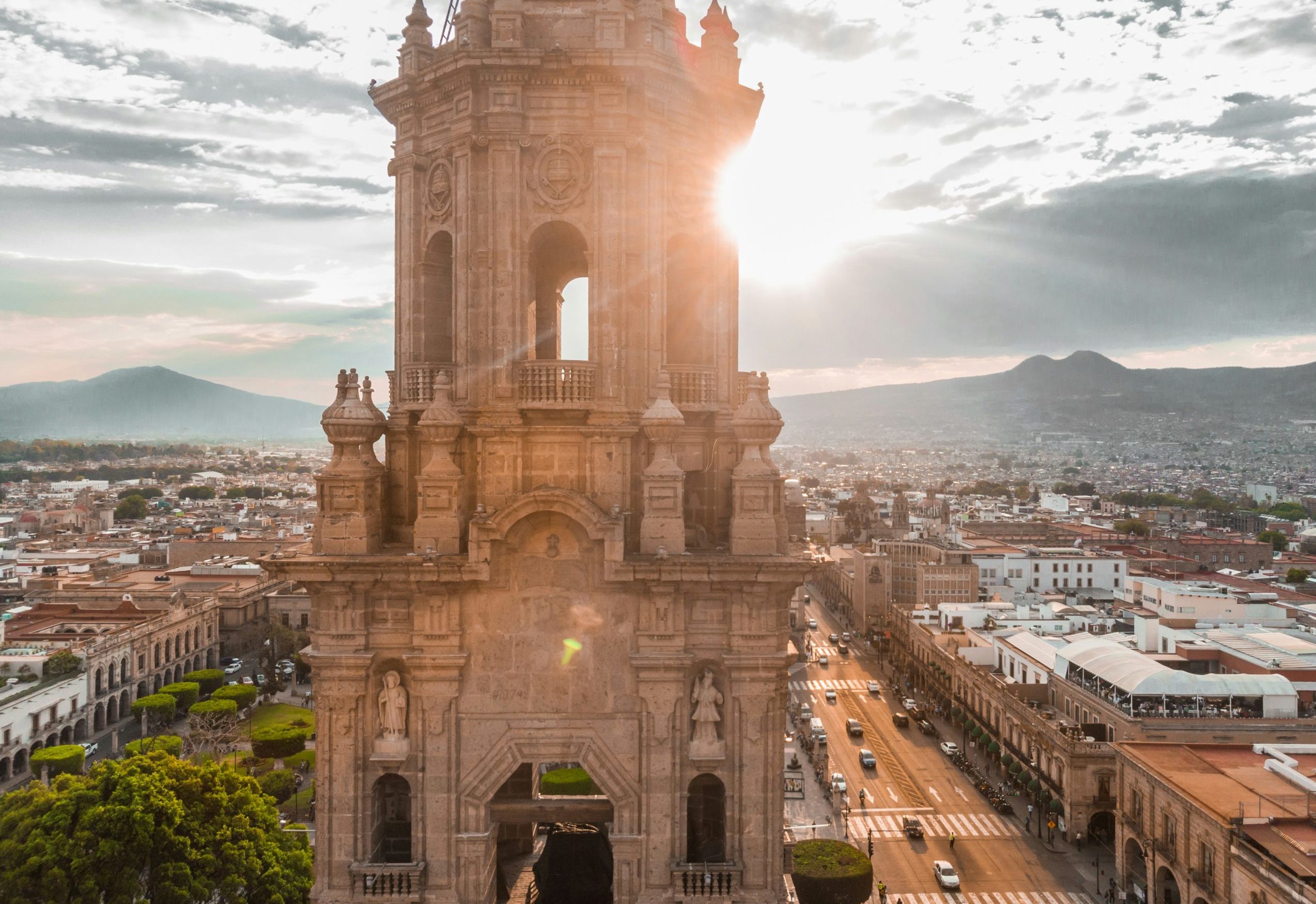Mexico City partners with C40 to decarbonise road freight

14 March 2024 by Christopher Carey An initiative to transport freight on zero-emission vehicles has been launched in Mexico City.
Founded by Amazon and Global Optimism's Climate Pledge[1] programme in collaboration with C40 Cities, the Laneshift initiative[2] will build on previous projects in the city, including the Electromobility Self-regulation programme which began in 2022. The partnership aims to accelerate the development of electric vehicle (EV) infrastructure and the deployment of EV heavy-duty trucks to reduce emissions, help improve air quality and create green jobs. "Mexico City was invited to participate in the Laneshift initiative as part of its efforts to reduce emissions from freight transportation, as this administration has implemented two major programmes to improve the technological conditions of the vehicles now used for goods delivery," said Sergio Zirath Hernandez, General Director of Air Quality at the Secretary of the Environment of Mexico City.
The Climate Pledge
Climate Pledge was co-founded by Amazon and Global Optimism in 2019 as a "purpose-driven enterprise focused on social and environmental change, bringing together companies and organisations around the world to take urgent action in addressing climate change".
The pledge calls on signatories to achieve net-zero carbon emissions by 2040, a decade ahead of the Paris Agreement's goal of 2050. Companies must commit to measuring and reporting greenhouse gas emissions on a regular basis, implementing decarbonisation strategies, and striving to achieve carbon neutrality within their operations. The pledge encourages collaboration and innovation among its 474 signatories to accelerate the transition to a low-carbon economy and mitigate the impacts of climate change.
Guadalajara low-emissions zone
In January, Guadalajara announced the launch[3] of Mexico's first low-emission zone.
Collaborating with C40 Cities, the project will cover an area of 2 square kilometres in the city's historic centre where over the past decade various measures have been implemented to improve mobility and develop cycling infrastructure.
Changes in the central zone of the city over the past decade have included the creation of designated spaces and schedules for loading and unloading goods and the introduction of 30 km/h speed limits.
Technical studies conducted for the low-emission zone project revealed that cars are the main source of emissions in the centre, followed by motorcycles and light cargo vehicles.
Image: jezael-melgoza-unsplash
References
- ^ Climate Pledge (www.theclimatepledge.com)
- ^ Laneshift initiative (www.c40.org)
- ^ launch (cities-today.com)